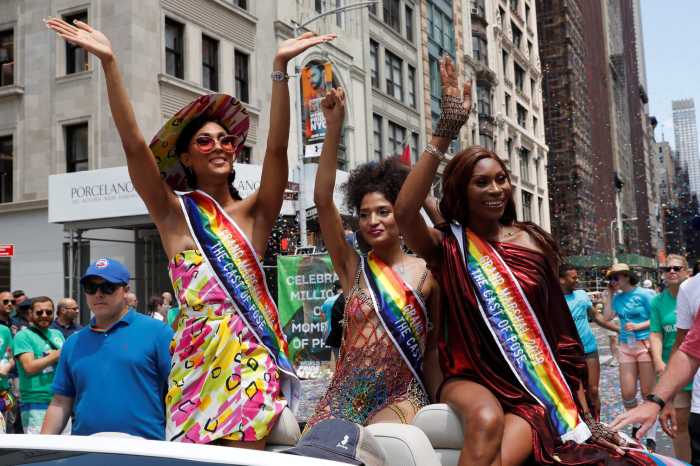Illinois Governor J.B. Pritzker signed legislation repealing a law criminalizing HIV transmission in the state.
People living with HIV will no longer face felony charges, arrests, or fines up to $25,000 for not disclosing their HIV status to a partner when having unprotected sex. The law, which will immediately take effect, passed in the Illinois House of Representatives by a 90-9 margin in April. The following month, the bill was approved in the Senate by a 37 to 17 vote. Some of the most recent data available shows that the previous legislation unfairly targeted communities of color, with 75 percent of Black individuals and two-thirds of Black men charged under this law, according to a June report from Injustice Watch.
The bill’s lead sponsor, Senator Robert Peters, blasted the legislation’s discriminatory legacy.
“Illinois’ HIV criminalization law was rooted in fear and racial biases,” Peters said in a written statement. “It was used to abuse people in our state, targeting people living with HIV and disproportionately affecting LGBTQ+ people, women, and Black and Brown communities.”
The legislation was created in 1989 and prohibited people living with HIV/AIDS from having condomless sex or donating blood or organs without disclosing their status. The now-repealed law did not encompass individuals who take HIV anti-viral drugs and reach an undetectable status, meaning that the presence of HIV is so low that tests cannot read it.
HIV/AIDS advocates noted that there were several issues with the former legislation, including the possibility that people living with HIV could be convicted even if they did not transmit it to another person.
“The law’s only affirmative defense was the disclosure of one’s HIV status — proof of which is often difficult to obtain without witnesses or documentation,” The Center for HIV Law and Policy said in a written statement. “The law required that the person charged acted with the specific intent to commit the offense in question, but the proper definition and application of “specific intent” remained somewhat ambiguous.”
According to officials, decriminalizing the transmission of HIV is an essential tool to use in the effort to reduce infection rates.
“Not a single study shows that HIV criminalization has led to reduced HIV transmission,” State Representative Carol Adams, the bill’s lead sponsor in the House, said in a written statement. “HIV criminalization is ineffective and dangerous because it discourages testing, treatment, and disclosure — all of which are key to preventing the spread of HIV and ending the epidemic.”
The Illinois HIV Action Alliance (IHAA), an organization working to combat the criminalization of people living with HIV, applauded lawmakers for passing the bill.


































